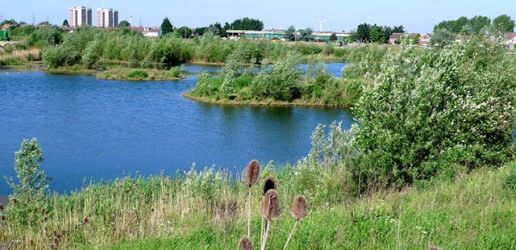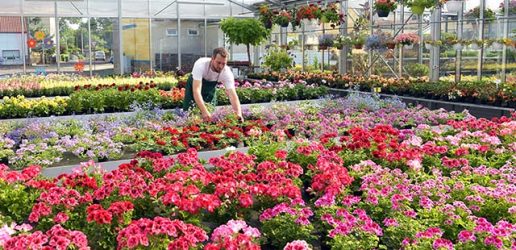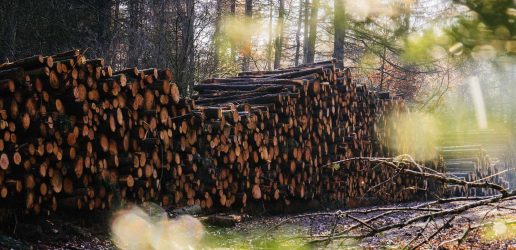Please note: workshops relating to this research project have all now been completed.
Scientists at Forest Research are looking for Cumbria-based land managers and those making decisions about the local landscape and environment to take part in research investigating the social awareness and experiences of ticks and tick-borne diseases (TBDs), their animal and human hosts, and woodlands.

Forest Research are carrying out workshops across Cumbria between Monday 11 and Friday 15 August. During the workshop we will carry out an interactive activity to help understand and explore perspectives around awareness and risk perception of ticks and tick-borne diseases and attitudes to mitigation actions for tick-borne diseases and ticks for both animals and humans.
The workshops are expected to take 60-80 minutes and refreshments will be provided.
They will take place on:
- Monday 11 August at Penrith FE office with slots from 13:00pm
- Tuesday 12 August at Grizedale FE office with slots from10:00am and Brantwood Hotel 7:00pm-8:30pm
- Wednesday 13 August at Penrith FE office with slots from10:00am and Brantwood Hotel 7:00pm-8:30pm
- Thursday 14 August at CWT Office, Kendal with slots from10:00am
- Friday 15 August at Penrith FE office with slots from10:00am
If you are available on any of the above dates and interested in participating, please get in touch with Harry Marshall (harry.marshall@forestresearch.gov.uk) or Greg Counsell (greg.counsell@forestresearch.gov.uk) and they will get you booked in. If you have any questions, please do not hesitate to ask.
Recent News
View All news
New land regeneration resources for creating green spaces on previously used land now available
The new resources bring together the latest learnings on land regeneration and climate change, and optimal soil thickness for planting on previously used land.

New national survey launched to strengthen plant pest and disease detection across UK horticulture
UK horticulture and landscaping businesses invited to take part in survey to strengthen non-native plant pest and disease detection and reporting.
Forestry and timber businesses across the UK are being asked to take part in an annual survey programme to collect data about the UK timber industry.

New land regeneration resources for creating green spaces on previously used land now available
The new resources bring together the latest learnings on land regeneration and climate change, and optimal soil thickness for planting on previously used land.

New national survey launched to strengthen plant pest and disease detection across UK horticulture
UK horticulture and landscaping businesses invited to take part in survey to strengthen non-native plant pest and disease detection and reporting.
Forestry and timber businesses across the UK are being asked to take part in an annual survey programme to collect data about the UK timber industry.

